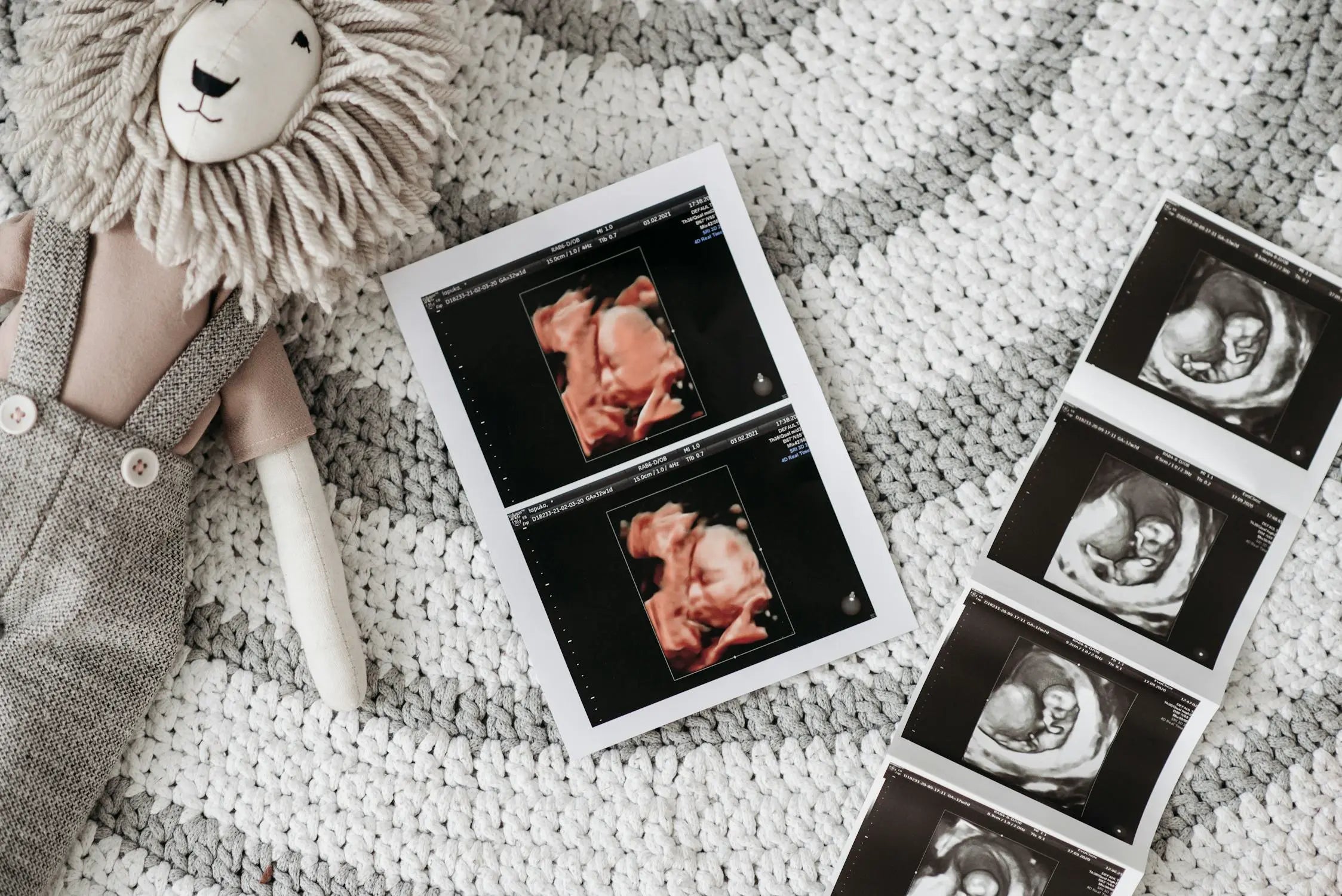Home
Pregnancy, Breastfeeding, and Pumping: The Ultimate Guide for Moms
When Is Too Soon for a Pregnancy Test: Timing Matters

When Is Too Soon for a Pregnancy Test: Timing Matters
Deciding when to take a pregnancy test can be both exciting and nerve-wracking. Many women wonder, 'When is too soon for a pregnancy test?' The answer lies in understanding how pregnancy tests work and the biological processes involved in early pregnancy.
How Pregnancy Tests Work
Pregnancy tests detect the presence of human chorionic gonadotropin (hCG), a hormone produced by the placenta after a fertilized egg attaches to the uterine lining. Most home pregnancy tests are designed to detect hCG in urine, while blood tests performed by healthcare providers can detect lower levels of hCG earlier.
When Is Too Soon for a Pregnancy Test?
Taking a pregnancy test too soon can lead to false negatives. This happens because hCG levels may not yet be high enough to be detected. For the most accurate results, it's generally recommended to wait until after you've missed your period. However, some tests claim to detect pregnancy as early as six days before a missed period.
Factors Affecting Test Accuracy
Several factors can influence the accuracy of a pregnancy test, including the sensitivity of the test, the timing of implantation, and the concentration of hCG in your urine. Drinking too much water before taking the test can dilute your urine, potentially leading to a false negative.
Understanding Implantation
Implantation occurs when a fertilized egg attaches to the uterine lining, typically 6-12 days after ovulation. After implantation, hCG levels begin to rise. Testing before implantation has occurred will likely result in a negative result, even if you are pregnant.
Early Testing: Pros and Cons
Testing early can provide peace of mind or early confirmation of pregnancy, but it also increases the risk of false negatives. If you test early and receive a negative result, it's advisable to wait a few days and test again if your period hasn't started.
When to Consult a Healthcare Provider
If you've received a negative result but still suspect you might be pregnant, or if you have irregular periods, it's a good idea to consult a healthcare provider. They can perform a blood test, which is more sensitive and can detect pregnancy earlier than a urine test.
Tips for Accurate Testing
To maximize the accuracy of your pregnancy test, use your first-morning urine, which is more concentrated. Follow the instructions carefully, and make sure the test is not expired. If you're unsure about the results, consider taking another test a few days later.
Understanding when is too soon for a pregnancy test can help you avoid unnecessary stress and confusion. By waiting for the right time and following best practices, you can increase the likelihood of obtaining an accurate result. Whether you're hoping for a positive or negative outcome, timing is key to getting the answers you need.
Share
